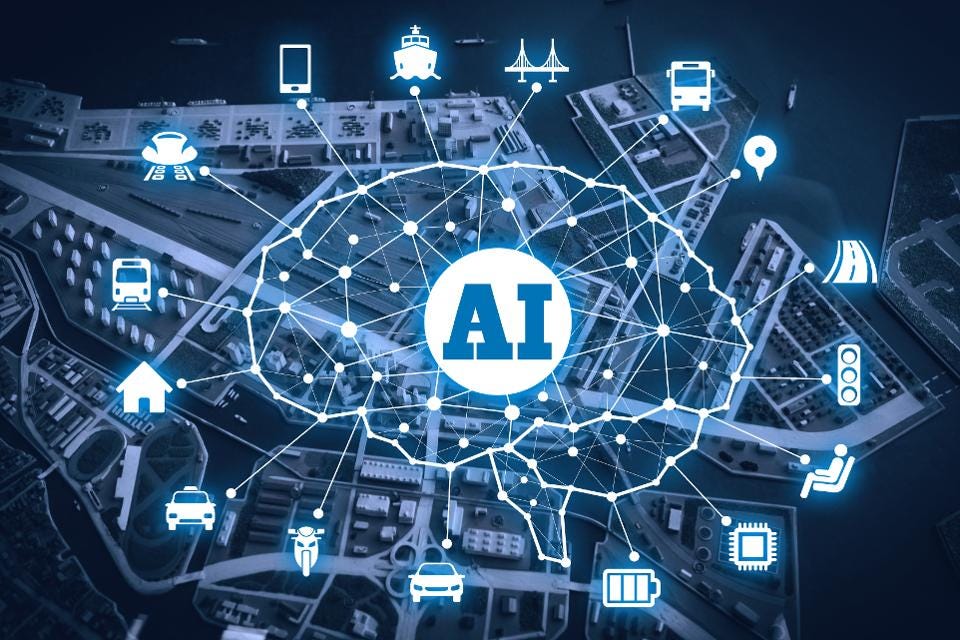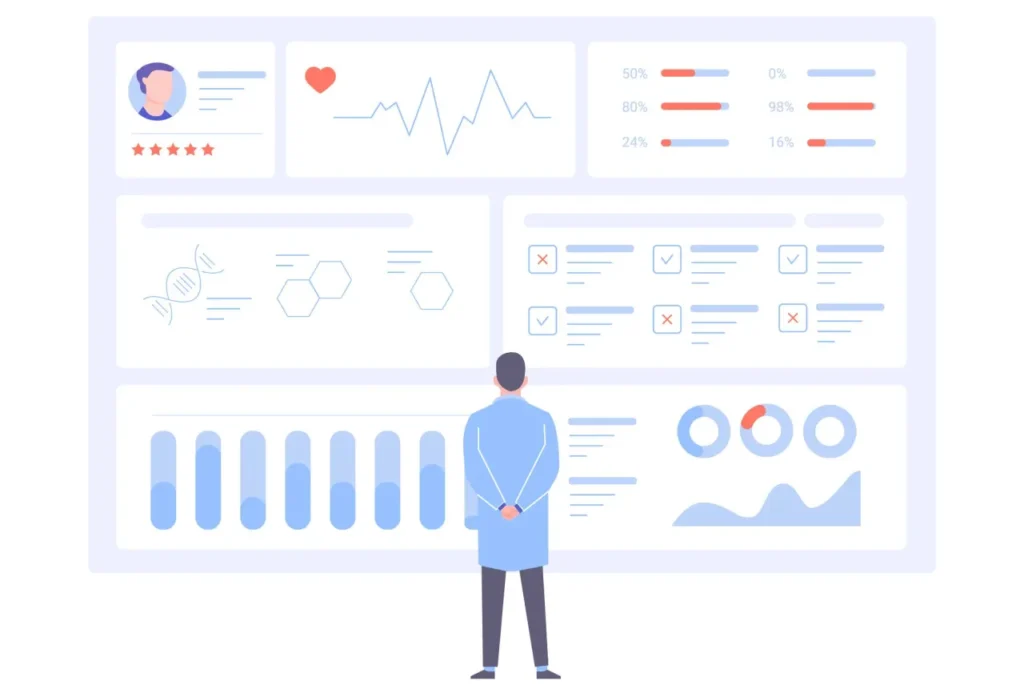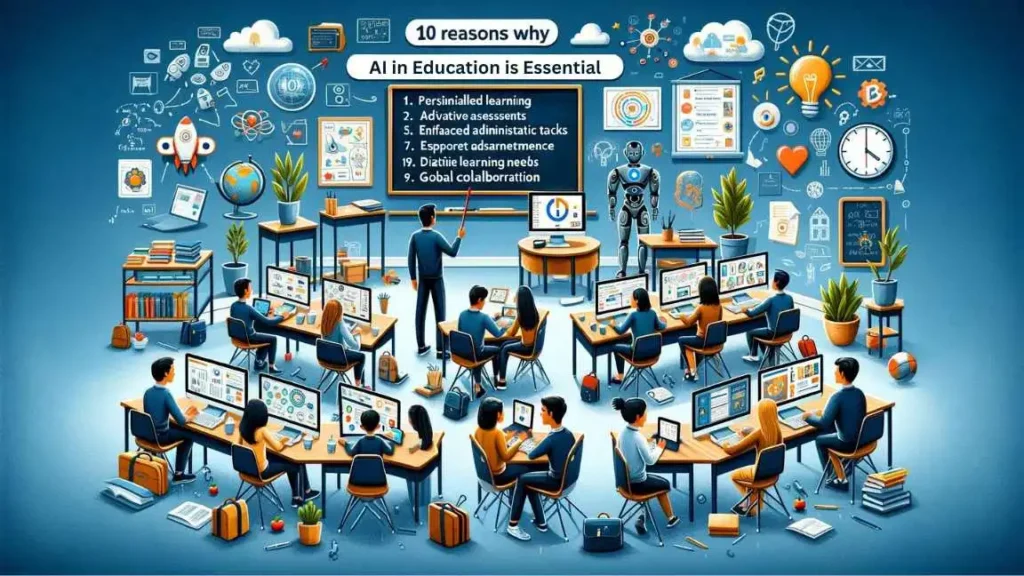The Future of AI: Transforming Our World
Artificial Intelligence (AI) has evolved dramatically over the past few decades, transitioning from niche applications to becoming an integral part of various industries and daily life. As we look toward the future, it’s essential to explore the potential trajectories of AI, the innovations on the horizon, and the societal implications that accompany its growth.
1. AI in Everyday Life
The integration of AI into our daily lives is set to deepen. Personal assistants like Siri and Alexa will evolve into more sophisticated companions that understand context, anticipate needs, and facilitate seamless interaction between users and technology. Imagine an AI that can manage your schedule, optimize your daily tasks, and provide real-time feedback on your health and well-being.

Moreover, smart homes will become even smarter. AI will control everything from energy usage to home security, adapting to user habits and preferences. For example, a home could learn when the occupants typically leave for work and adjust heating or cooling accordingly, ensuring energy efficiency while maintaining comfort.
2. AI in Healthcare

One of the most promising applications of AI is in healthcare. With the increasing availability of data from electronic health records, wearable devices, and genomic sequencing, AI can assist in diagnosing diseases, predicting patient outcomes, and personalizing treatment plans. Future AI systems may analyze a patient’s entire medical history in seconds, suggesting interventions that are tailored specifically to their genetic makeup and lifestyle.
Additionally, AI-driven robots could perform surgeries with precision beyond human capabilities. These advancements could reduce recovery times and improve patient outcomes. However, ethical considerations, such as data privacy and the need for human oversight, will be paramount as we integrate AI more deeply into healthcare.
3. AI in Education

In education, AI has the potential to personalize learning experiences. Adaptive learning technologies can assess a student’s strengths and weaknesses in real-time, adjusting content and pacing to fit individual needs. This could lead to more effective learning outcomes and help close achievement gaps.
Moreover, AI can facilitate remote learning, making education more accessible. Virtual classrooms powered by AI can provide interactive experiences, connecting students worldwide and offering diverse perspectives. As AI evolves, we might see the emergence of fully autonomous tutoring systems that guide students through complex subjects at their own pace.
4. AI in Business
The business landscape is undergoing a revolution thanks to AI. From automating repetitive tasks to analyzing vast amounts of data for insights, AI is redefining how organizations operate. Predictive analytics can help companies anticipate market trends, allowing them to make informed decisions and stay ahead of the competition.
Customer service is another area ripe for AI transformation. Chatbots and virtual assistants can handle inquiries 24/7, providing immediate assistance while freeing human employees to tackle more complex issues. As natural language processing improves, these systems will become even more effective at understanding and responding to customer needs.
5. AI and the Job Market
The rise of AI brings both opportunities and challenges to the job market. While AI will automate certain tasks, leading to job displacement in some sectors, it will also create new roles that didn’t exist before. Jobs in AI ethics, data analysis, and AI system maintenance are just a few examples of emerging fields.
Moreover, the future workforce will likely need to adapt to a landscape where collaboration with AI is essential. Upskilling and reskilling will be crucial, as individuals learn to work alongside intelligent systems, leveraging their capabilities to enhance productivity and creativity.
6. Ethical Considerations
As AI becomes more pervasive, ethical considerations will take center stage. Issues like bias in AI algorithms, data privacy, and accountability for AI-driven decisions will need to be addressed. Ensuring that AI systems are transparent and fair is critical to maintaining public trust.
Regulatory frameworks will play a vital role in shaping the future of AI. Policymakers must collaborate with technologists to create guidelines that promote innovation while safeguarding society. This includes establishing standards for data usage, algorithmic accountability, and ethical AI development practices.
7. AI and Creativity
AI’s potential in creative fields is another exciting frontier. We are already witnessing AI-generated art, music, and writing, prompting discussions about the nature of creativity and authorship. As AI tools become more sophisticated, they could serve as collaborators for artists and writers, sparking new forms of expression.
However, the blending of human creativity and AI raises questions about originality and the value of human-generated content. The future may see a balance between human ingenuity and AI assistance, leading to innovative works that reflect the strengths of both.
8. The Global Landscape
The future of AI will not be uniform across the globe. Different regions will experience varied impacts based on their technological infrastructure, regulatory environments, and cultural attitudes toward AI. Developing countries may leverage AI to address critical challenges, such as healthcare access and agricultural productivity, while more advanced economies may focus on AI ethics and governance.
International collaboration will be essential in navigating the complexities of AI development. By sharing best practices and research, nations can work together to ensure that AI benefits humanity as a whole, rather than exacerbating existing inequalities.
Conclusion
The future of AI is brimming with possibilities, poised to revolutionize industries and enhance our daily lives. As we embrace this transformative technology, it is crucial to prioritize ethical considerations and foster a collaborative approach among stakeholders. By navigating the challenges and leveraging the opportunities, we can ensure that AI serves as a force for good, shaping a future that is innovative, inclusive, and sustainable. As we stand on the brink of this new era, the choices we make today will define the trajectory of AI and its impact on society for generations to come.




Pingback: Everything You Want to Know About ChatGPT - Knowledge kendra
Pingback: The Power and Potential of Ai (Artificial intelligence) - Knowledge kendra
Pingback: Can AI Replace Doctors? - Knowledge kendra